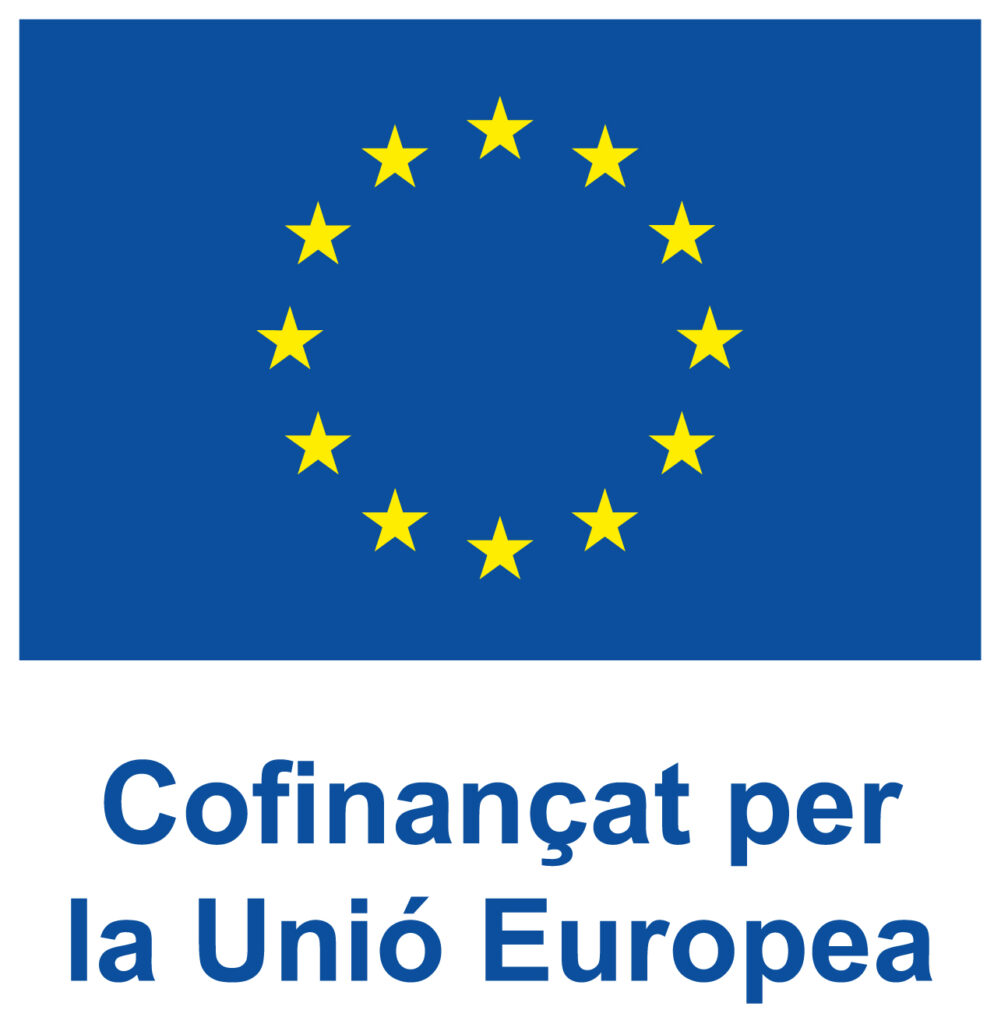From market insights to legal processes, financing, and taxation – everything you need to invest safely and successfully in Spain.
1) Overview of the Spanish Real Estate Market
The Spanish property market remains a magnet for foreign investors thanks to its climate, lifestyle, and competitive prices compared to other European destinations.
In 2023, foreign buyers represented 21.4% of all home purchases, showing the sector’s continued strength. Opportunities abound both in coastal areas and major cities.
2) Legal Aspects for Foreign Investors
- Foreigners enjoy the same rights as Spanish citizens in property acquisition.
- Residency is not required to buy property, but can provide tax and administrative benefits.
- Legal security and equality encourage international investment in Spain.
3) Real Estate Purchase Process
- Obtain a NIE (Foreigner Identification Number) – required for all transactions.
- Search for the property, verify legal status, and ensure it is free of liens or debts.
- Sign the contract and complete the notary deed.
- Register the property at the Land Registry.
4) Financing and Associated Costs
- Non-residents may secure mortgages covering 60–70% of the appraised value.
- Additional costs include VAT (for new builds), Property Transfer Tax, notary, and registry fees.
5) Tax Regime for Foreign Real Estate Investors
5.1 Property Taxes
- IBI (Real Estate Tax): Annual, based on cadastral value.
- Wealth Tax: Applies to high-value properties; rates vary by region.
5.2 Rental Income Taxes
- Non-Residents: 24% on gross rental income.
- EU/EEA Residents: 19% with possible deductions for expenses.
5.3 Taxes on Sale
- Municipal Capital Gains Tax on land value increase.
- Income Tax on capital gains:
- Residents: 19%–47% depending on bracket.
- Non-Residents (EU/EEA): 19%.
- Non-Residents (others): 24%.
- Buyers must withhold 3% of the sale price as an advance tax payment.
6) Property Rentals
6.1 Legal Framework
- Minimum duration: 5 years (individual landlord), 7 years (corporate landlord).
- Rent updates capped to annual CPI.
- Mandatory deposits: 1 month (residential), 2 months (commercial).
6.2 Key Considerations for Foreign Owners
- Rental income must be declared in Spain.
- Short-term tourist rentals are regulated regionally.
7) Residence Permits Related to Real Estate Investment
The Golden Visa program grants residency permits to investors who purchase property worth at least €500,000. It allows residency rights without requiring full-time presence in Spain – ideal for international investors.
8) MigratioLex: Your Strategic Partner
At MigratioLex, we combine immigration law expertise with real estate knowledge to support your investment journey.
Our Services Include:
- Specialized legal advice for foreign investors.
- Support with NIE and residency permits.
- Exhaustive property due diligence.
- Contract negotiation and drafting.
- Representation before tax and administrative bodies.
- Tax planning and optimization strategies.
Why Choose MigratioLex?
- Proven expertise in Spanish real estate law.
- Tailored solutions for international clients.
- Trusted professional network in real estate.
- Deep knowledge of immigration & taxation.
FAQs
Can foreigners buy property in Spain?
Yes. Foreigners have the same rights as locals and residency is not required.
Do I need residency to invest in Spanish real estate?
No, but having residency provides extra tax and administrative advantages.
What is the Golden Visa?
A residency permit granted to foreigners who invest at least €500,000 in Spanish property.
How much financing can foreigners obtain?
Non-residents can usually obtain 60–70% of the property’s value via Spanish banks.
What taxes apply to property rentals for foreigners?
Non-residents: 24% tax on gross rental income (19% for EU/EEA residents, with deductions).




